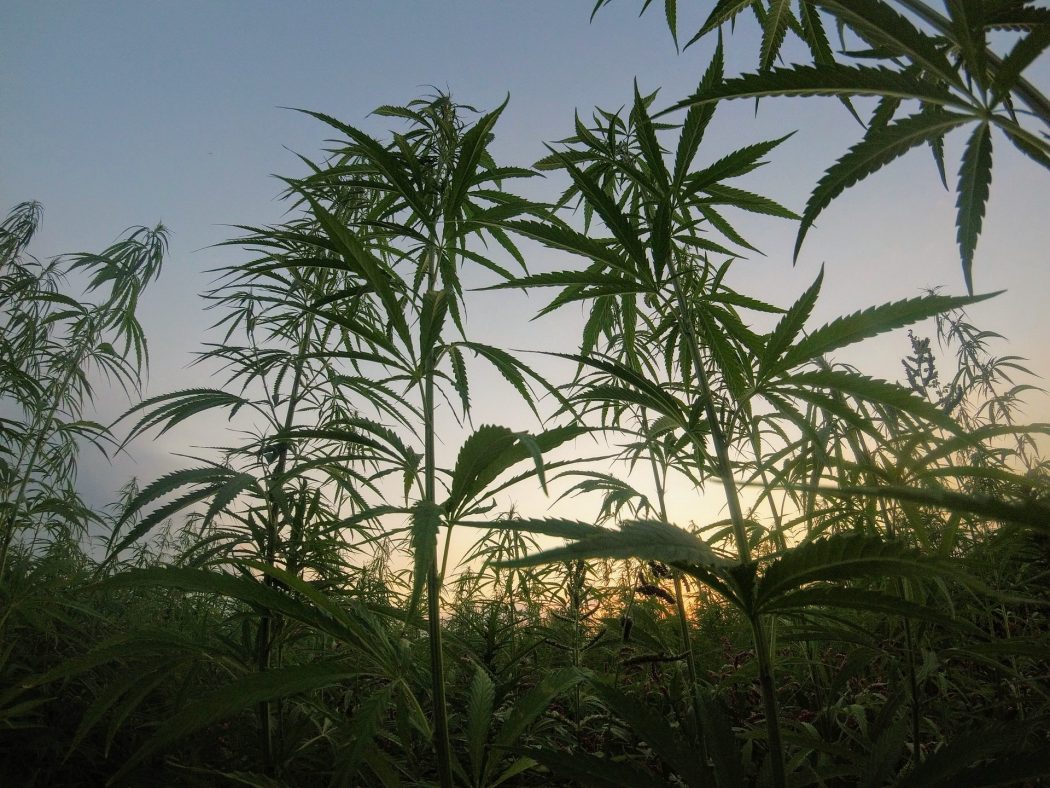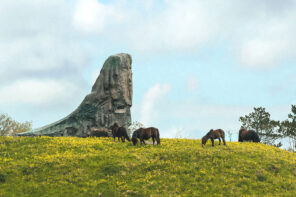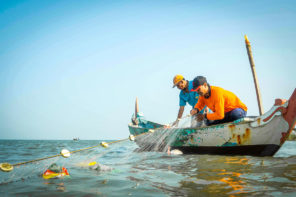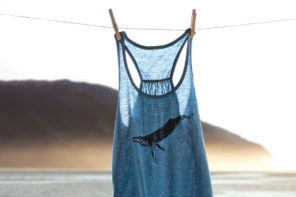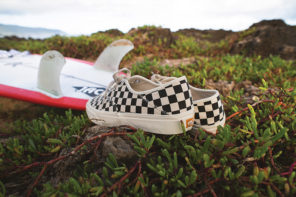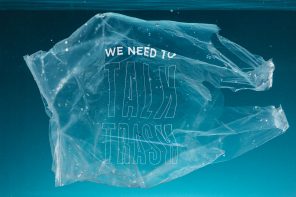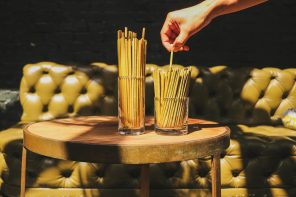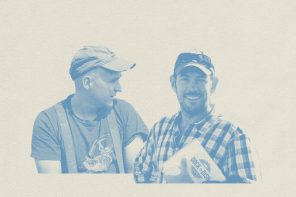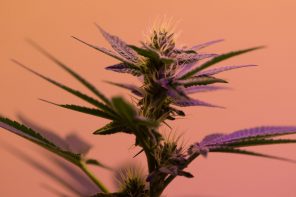The story of how an anthropomorphic walking and talking magazine relates to hemp likely doesn’t go exactly how you think. The hemp plant is not psychoactive, which means if you smoked some, your copy of Whalebone Magazine would not start talking to you.
But go back a couple of months and Whalebone was working on creating a really special T-shirt. Something that would be beyond your ordinary apparel, something unique that would be worthy of the new Mr. Bones mascot the graphic designer had drawn (no word on if she had ingested anything stronger than milk when she did, but that’s another story). And maybe even what it‘s made of could actually be good for the planet. Like really, really good. Stay with us here.
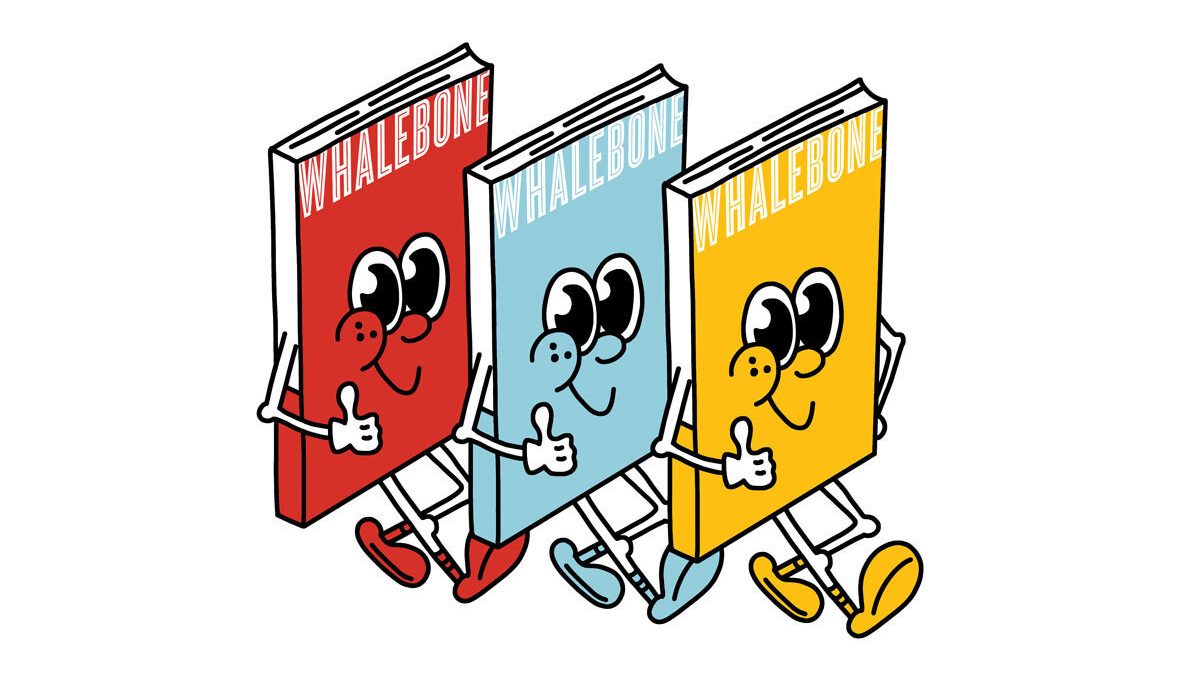
This quest brought us to Jungmaven, who produces some pretty covetable clothes using hemp and hemp blends.
Quality, fit, color, texture and durability are all carefully considered when it comes to designing a Jungmaven hemp tee. It’s how we plan to get everyone in a USA-grown and made Hemp Tee by 2030.
– Robert Jungmann, Founder.
After feeling and trying on their shirts, we knew we’d found what we were looking for. And through that collaboration, The Bones and Bleecker Street limited-edition tees came to be. You could find out more about those at The Bleecker Street Shop and Matt, the manager there, might also give you a lesson on the history of hemp in the United States to go along with it. But Matt started telling us about how everything from the ropes on ships to clothing to paper had been made from hemp before reefer madness took hold. So non-psychoactive hemp, which is arguably (and actually probably, but we’ll get to that), better for the planet than any of the other materials that those things are made of, became unfairly demonized and outlawed. And it’s really only since 2014 that hemp, which could be the holy grail of regenerative agriculture, has even been allowed to be grown for research purposes in this country.
Matt started telling us about how everything from the ropes on ships to clothing to paper had been made from hemp before reefer madness took hold.
Turns out the people who you want to talk to about that are at Rodale Institute in Pennsylvania. JI Rodale pioneered the organic food and farming movement in the United States and his namesake institute has been putting hard science into the cause for more than 70 years. He actually coined the term “organic” as we think of it today.
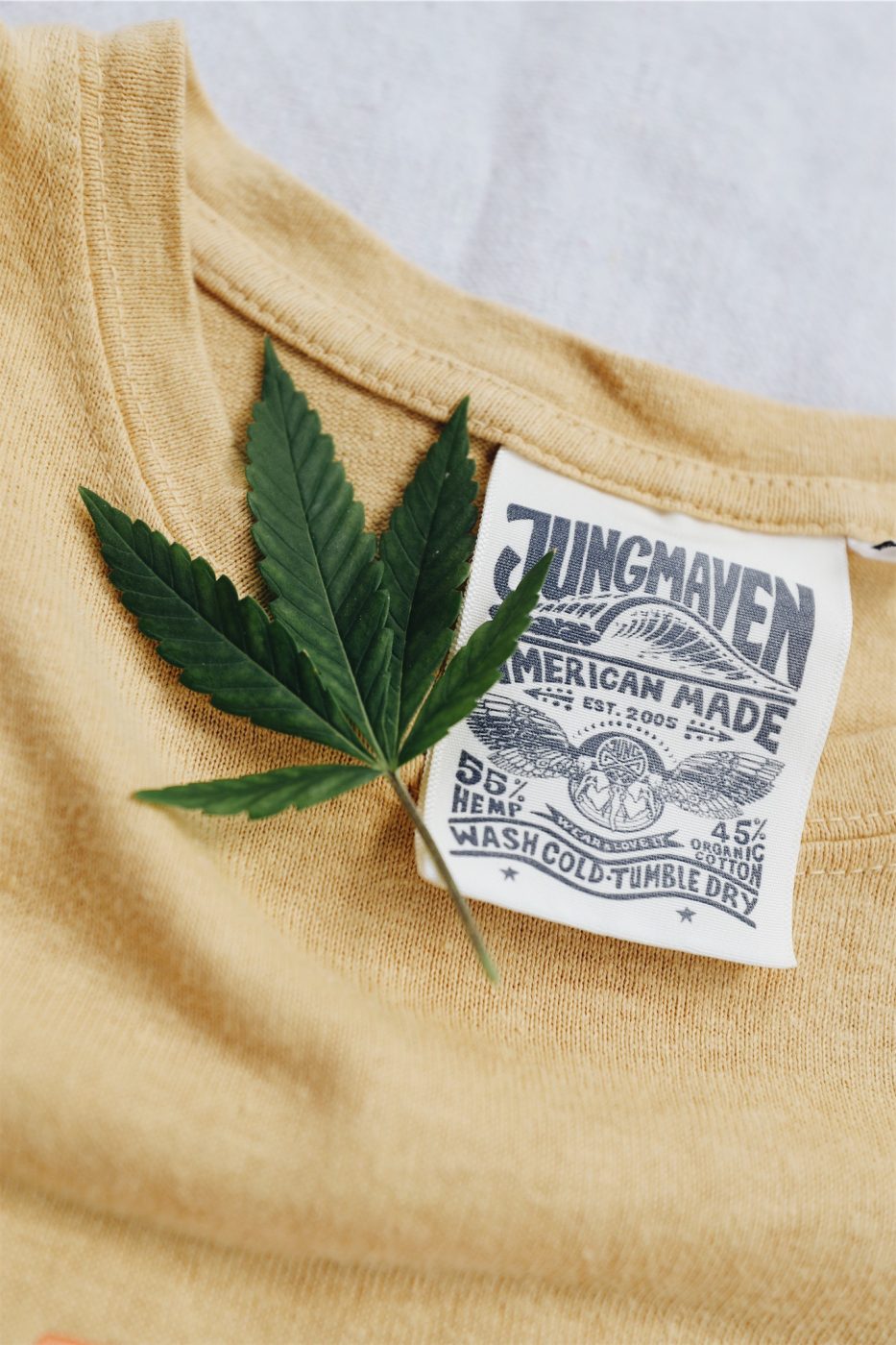
Which brings us to where this all intersects up with hip clothing brands like Jungmaven and Mr. Bones. And to Jeff Tkach, Chief Impact Officer at Rodale Institute, who told us that Mr. Rodale “started the Rodale Institute in 1947 to really put the science behind the idea and to really take it from his philosophical concepts to a grounded agricultural production methodology.”
With eight campuses around the country, the goal these days is to use that science and research-backed methodology to continue to define best practices and encourage farmers to use them. And very core to that goal is convincing farmers that hemp production might be the key to all this and more. And the upside for farmers is not just a cash crop that can mean the difference between living to plant another season or folding, but for the environment as well. Industrial hemp, of the sort used in T-shirts like Mr. Bones, has been scientifically proven to absorb more CO2 per hectare than any forest or commercial crop. Couldn’t ask for a better carbon sink.
We got to talk with Jeff about Rodale’s work and how it could change what are clothes and backpacks and ropes and even the rigging on the good ship Whalebone are made out of and how Big Cotton took out the hemp industry.
And how does an organization that is the champion of regenerative agriculture become interested in hemp?
Jeff: So hemp production was banned in the United States for over 80 years. It’s this really bizarre policy and legislation that made hemp illegal to grow in the United States. Even though it wasn’t psychoactive, there was a lot of legislation that I think was put in place to safeguard other industries from the threat of all that hemp could offer to the world.
Did they kind of like piggyback the hemp restrictions on cannabis scare, even though it’s not psychoactive, basically, institutes to help out those other industries?
Jeff: That’s exactly right.
And then in 2014, hemp planting becomes a legal for research purposes. What does that mean for the Rodale Institute?
Jeff: The moment that the legislation was passed, we were one of the first research organizations in the country to get a license to grow hemp for research. So I think we were one of 14 and we began our hemp trials in 2017. Really looking at how hemp could be used in agricultural production to do a number of things.
The first thing we saw was that hemp is a really, really good crop to grow in a rotation. In organic agriculture, we’re espousing very complex crop rotations. Where we’re telling farmers, you never do continuous corn. You never do continuous soybeans. You need to create biodiversity on your farm. And the way to do that is to grow complex rotations. And when you add hemp into your rotation, it builds fertility in the soil. It mitigates weeds. It limits pest problems on the farm. So we began experimenting with how hemp could be part of a complex rotation to add biodiversity to the farm.
We also began to study how hemp could be used as a weed suppressant. So if a farmer begins to plant hemp one year, then the next year we’re looking at fewer weeds. How many fewer weeds were in those plots where hemp was grown. It has some kind of a phenomenon where it disrupts the microbial life in the soil the hemp does and mitigates weeds from growing.
So, beyond that, it just chokes out other weeds. There’s actually a microbial influence and that you found in this trial?
Jeff: That’s exactly right. Yeah. That there’s a weed-suppressing factor that, another thing we noticed is that hemp is an incredible bio-remediators. So if you have an area on your farm that has heavy metal contamination or if you have a higher concentration of heavy metals on your farm, you could plant hemp to remediate it and immediately pulls those heavy metals out of the soil and remove them. So this is super compelling.
How does it compare to other cover crops in terms of being regenerative?
Jeff: At Rodale Institute, for regenerative organic production, we’re always prescribing cover crops. We’re always telling farmers never, ever, ever leave their soil bare. Never leave your soil bare. So what we’re suggesting is hemp could be planted as a cover crop. So let’s say a farmer plant soybeans, and those soybeans get harvested in September because hemp grows so fast. I mean, hemp literally grows like a weed hence where the name came from. You could, in theory, establish a cover crop of hemp in the fall. In the late summer, early fall, after you’ve harvested your cash crop. And then you’re reaping all the benefits that a cover crop can give a farmer.
But here’s the cool thing. Let’s say you’re a farmer in Pennsylvania and you’re making your living your livelihood off of planting corn and soybeans. Well, now all of a sudden, if you begin to add in hemp as a cover crop. Not only does it give you all the benefits that a cover crop would normally give but you can harvest it and make a ton of money if it becomes a cash crop. So it serves a dual purpose. You’re making money by planting something that you’d be planting anyway.

Planting of hemp for CBD production has exploded. But there’s little to no hemp farming for textile production in the US right now, right?
Jeff: That’s correct.
For its beneficial effects to the ecosystem and the environment, does it matter too much what the end product is?
Jeff: Where Rodale Institute sees the most promise is on the industrial side for both textiles and other industrial applications. Essentially, what our early findings have shown is that the industrial hemp variety provides the most ecological benefit. So if we can begin to create stronger demand in the marketplace for hemp as a textile, the downstream environmental impact of that is huge. If you look at cotton and how chemical- and water-intensive cotton production is versus hemp. Which is actually biologically beneficial and environmentally beneficial. We could see a tremendous swing in environmental implications based on people purchasing clothes that are made with hemp.
So the industrial hemp variety is different from what you would grow to make a line of CBD creams? So it’s even better to encourage the textile industry and the growing industrial strains?
Jeff: Yeah. A lot of it is consumer demand. But it’s also the brands pushing it. And we’re in conversations with a lot of major brands right now. Patagonia, Taylor Stitch, Jungmaven.
Hemp kind of had a little bit of a stigma to it as being hippy crunchy for a long time. And now you see these mainstream, highly fashionable apparel brands that are making hemp look good. Just like with organic food, it takes early adopters pushing a trend and all of a sudden the market follows.
Now you see these mainstream, highly fashionable apparel brands making hemp look good.
The 2018 Farm Bill was the most progressive yet when it comes to hemp production, but are there additional legal hurdles that need to be overcome still for growing industrial hemp?
Jeff: There are ongoing legal tweaks and nuances. One of the biggest bottlenecks right now is on the supply, on the processing side. I believe that there’s investment being focused on the area of processing. In some cases, state governments are intervening in creating money for processors to come into their state. It’s like the dairy industry. The organic dairy industry, like Organic Valley, has a processor here in Pennsylvania. And so therefore there’s a lot of Organic Valley milk every time you go to the grocery store. It’s no different than that. It just takes brands and government entities investing in infrastructure.

Someone might say, “If hemp is so good for the ecosystem and it sequesters 22 tons of CO2 per hectare, why not just plant it everywhere?” But it sounds like Rodale, based on its research, ideally envisions maybe networks of small farms all over as opposed to mass plantings or monocrop type producers to get the maximum benefit?
Jeff: That’s right. Through biodiversity. So at the core of regenerative organic agriculture, it’s all about biodiversity and how can we increase the amount of life on a farm? And one way you do that is by creating very, very complex rotations. So we never espouse monocropping of any kind. That’s not in the Rodale methodology, but hemp is always part of a more complex crop rotation.
Where do you think that this industry could get to, even in the short term?
Jeff: Hemp has the tremendous opportunity to create economic vitality for farmers in this country. We have the opportunity to take the global lead as the leading domestic grower of hemp. I think the greatest opportunities, at a time when America’s family farms are struggling, I think hemp presents an economic opportunity to make the bottom line of our family farms healthier. I think we need consumers to drive demand and we need brands to create an innovation.
I think we’re at the brink of a tipping point. And I’m very bullish about hemp as a whole.

